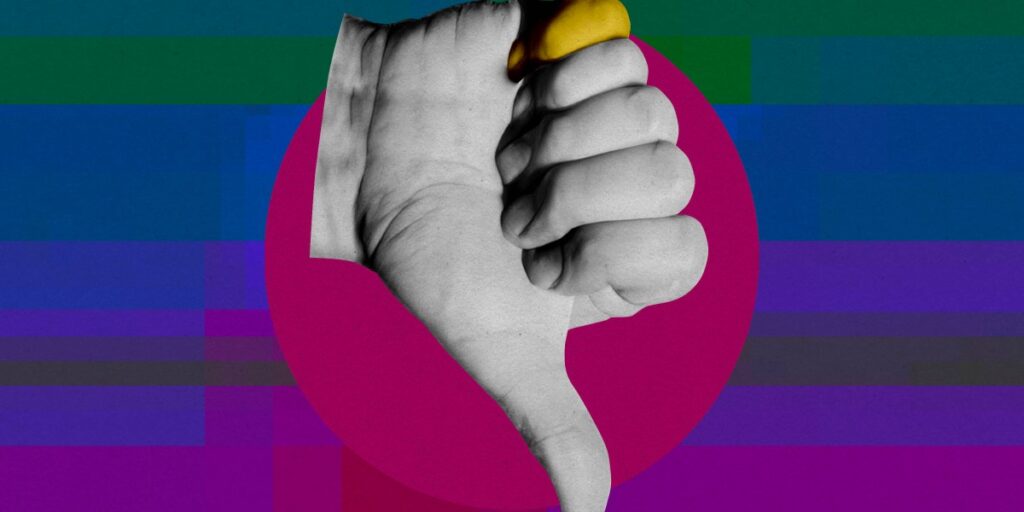The Rise of AI Slop: Understanding Today’s Digital Landscape
1. AI Slop Infiltrates Every Corner of the Internet
If you’ve spent any time online lately, you’ve probably come across the term "AI slop." This term, which gained traction in 2024, refers to the wave of low-quality content generated by AI. Generative AI tools can produce text, images, videos, and more in mere seconds, making content creation quicker and easier than ever. Unfortunately, this convenience has led to an avalanche of subpar media flooding platforms like social media, newsletters cluttering your inbox, and even e-books on Amazon.
AI slop is often characterized by its emotional appeal—think images of crying children or wounded veterans—because such visuals are more likely to be shared, driving engagement and ad revenue. However, there’s a darker side to this trend. As these models are trained on data scraped from the internet, the proliferation of low-quality AI-generated content poses a significant risk. If the internet becomes saturated with junk, the very models that create this content risk becoming less effective over time.
2. The Distorted Reality of AI Art
This year, AI’s influence has dramatically warped our expectations of reality. Take, for instance, the Willy’s Chocolate Experience, an unofficial event based on Roald Dahl’s beloved tale. Its AI-generated promotional materials painted a picture of a luxurious escape that bore little resemblance to the actual experience—a basic warehouse with sparse decorations.
A more startling example occurred last Halloween when a fictional parade in Dublin drew crowds of hopeful attendees, all misled by an AI-created list of events that floated around social media. Though the sensational site behind this deception has since disappeared, these cases serve as stark reminders of how misplaced trust in AI can lead to real-life confusion and disappointment.
3. Grok: An AI with Fewer Boundaries
When it comes to creating images, most AI models incorporate guardrails to keep users from generating harmful or illegal content. However, enter Grok, an assistant from Elon Musk’s AI company, xAI. Unlike its counterparts, Grok disregards these guidelines, allowing users to create virtually any scenario they can imagine. Musk’s dismissal of what he describes as “woke AI” raises questions about the ethical implications of such technology and challenges the norms that govern AI development.
As we navigate this ever-changing digital landscape, the implications of AI-driven content creation will only grow. From AI slop to the blurred lines of reality and ethical boundaries, we need to stay informed and critically evaluate the information we encounter online.
Conclusion
As we grapple with the implications of these technological advancements, it’s crucial to maintain a discerning perspective on the content we consume. The digital world is evolving rapidly, and understanding the nuances of AI-generated material will help us navigate this new frontier.
The AI Buzz Hub team is excited to see where these breakthroughs take us. Want to stay in the loop on all things AI? Subscribe to our newsletter or share this article with your fellow enthusiasts!




